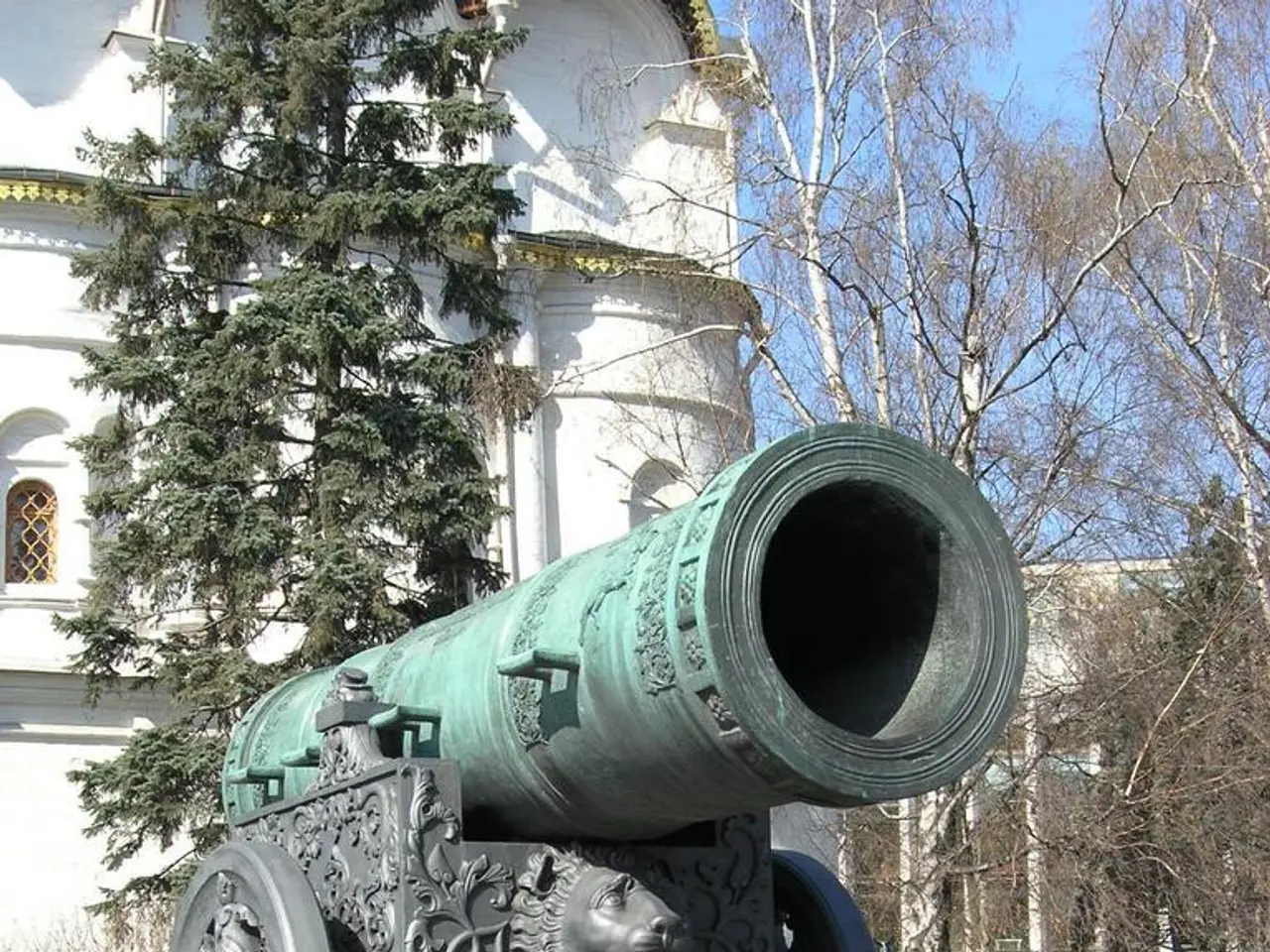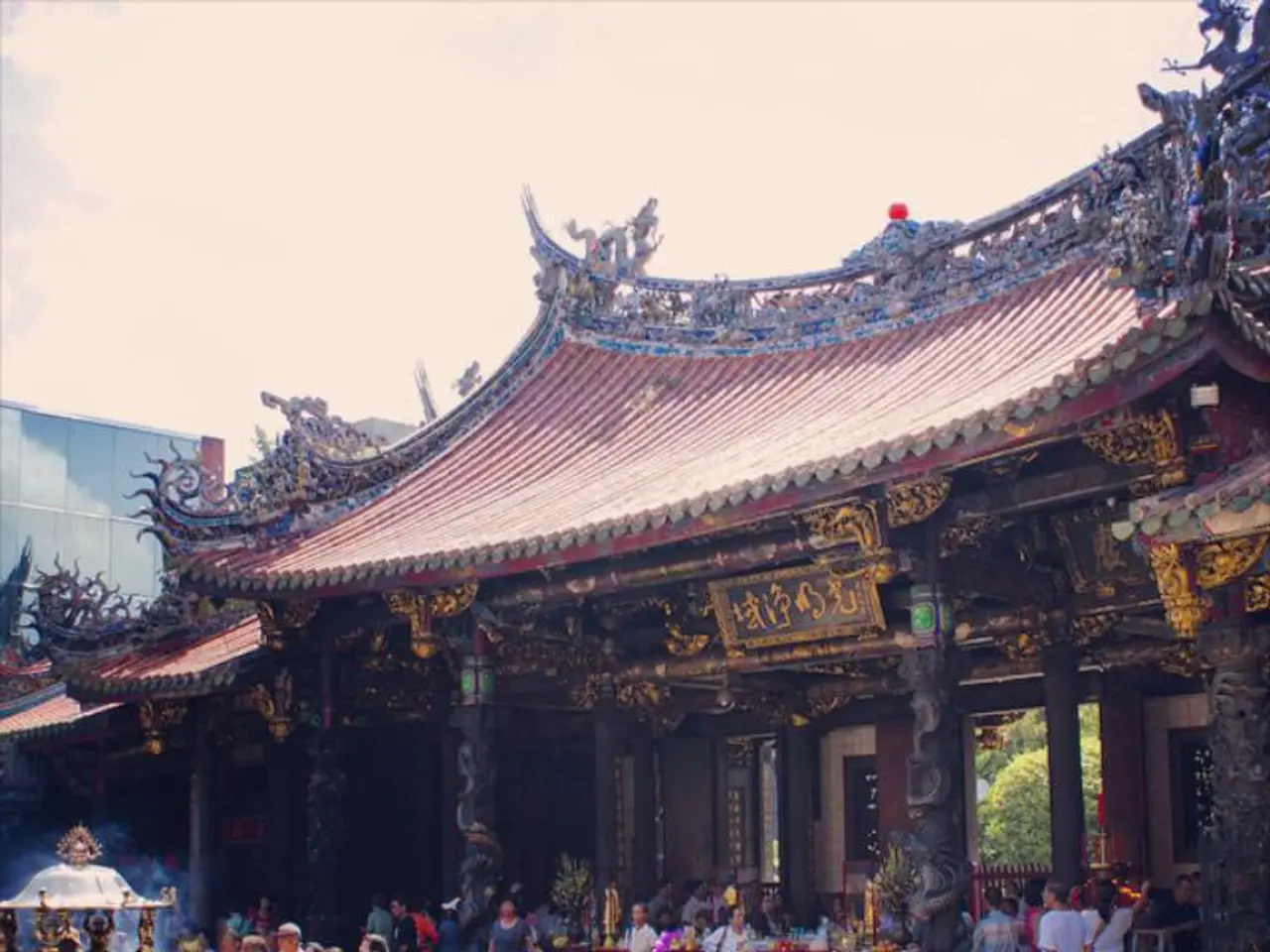United States removes economic restrictions linked to Hungary's nuclear power plant project "Paks-2" with Russia.
Fresh Take:
Hungary's nuclear power future is shining bright after the U.S. lifted sanctions that had held back the construction of the Paks-2 plant. Hungarian Foreign Minister Peter Szijjarto announced the good news, stating that the move would ensure Hungary's long-term energy security and help lower utility costs.
Szijjarto explained that since 2014, when the agreement to build Paks-2 was signed, equipment production has been ongoing in Russia and France. With the sanctions gone, construction on the site can now start in 2024, as planned.
The Paks-2 project, estimated to cost €12.5 billion, was launched back in 2014 with Russian company Rosatom and Hungary's MVM signing the contract. In August 2022, Hungary's regulator issued a construction license for the project.
The U.S. imposed sanctions in November 2023 on Gazprombank, hampering the project's financing. However, this barrier was removed in late June 2025, opening the path for a smoother construction process.
The Paks-2 plant, aimed at becoming operational before 2030, has significant implications for Hungary's industrial and economic growth. Once operational, it will employ 1,800 permanent staff and produce low-carbon electricity, aligning with Hungary's climate goals for 2030.
Moreover, the project's workforce is receiving training, with around 5,000 workers at peak construction and 600 engineers planned to be trained by 2030, with a €120 million investment in a local training center certified by the IAEA.
In June 2025, Siemens Energy moved its nuclear control technology division to Budapest, bypassing previous licensing issues. This strategic move enabled cooperation between Siemens and France’s Framatome, developing the control technology for Paks II as originally planned.
The grid connection for Paks II was approved by Hungary’s grid operator MAVIR in November 2023, including a necessary transmission line upgrade costing €180 million to handle the new 2,400 MW capacity.
Sources:
- https://www.world-nuclear-news.org/Articles/Hungary-develops-Paks-II-as-construction-starts-creeps-closer
- https://www.aps.se/news/2022/09/siemens-energy-sets-up-stationary-nuclear-control-room-in-budapest
- https://www.reuters.com/world/europe/us-lifts-sanctions-against-hungary-s-paks-nuclear-expansion-2021-07-01/
- https://neurope.eu/article/the-circuit-russia-hungary-get-getting-closer-on-nuclear-cooperation/
- The removal of U.S. sanctions will not only accelerate Hungary's nuclear power growth but also foster interactions between international partners in the industry, finance, and policy-and-legislation sectors, as evident with Siemens Energy's move to Budapest and the collaboration between Siemens and Framatome on the Paks-2 control technology.
- Hungary's politics and general news have been significantly impacted by the Paks-2 project's development, with the project's workforce set to receive training totaling €120 million at a local IAEA-certified center, employment opportunities for 1,800 permanent staff, and utility cost reduction aligned with the country's long-term energy security goals.
- The successful completion of the Paks-2 plant, projected to be operational before 2030, will not only reduce Hungary's dependence on fossil fuels for energy, contributing to its climate goals for 2030, but also support its economic growth, bolstering the energy industry and boosting low-carbon electricity production, ultimately benefiting both the economy and the environment.



